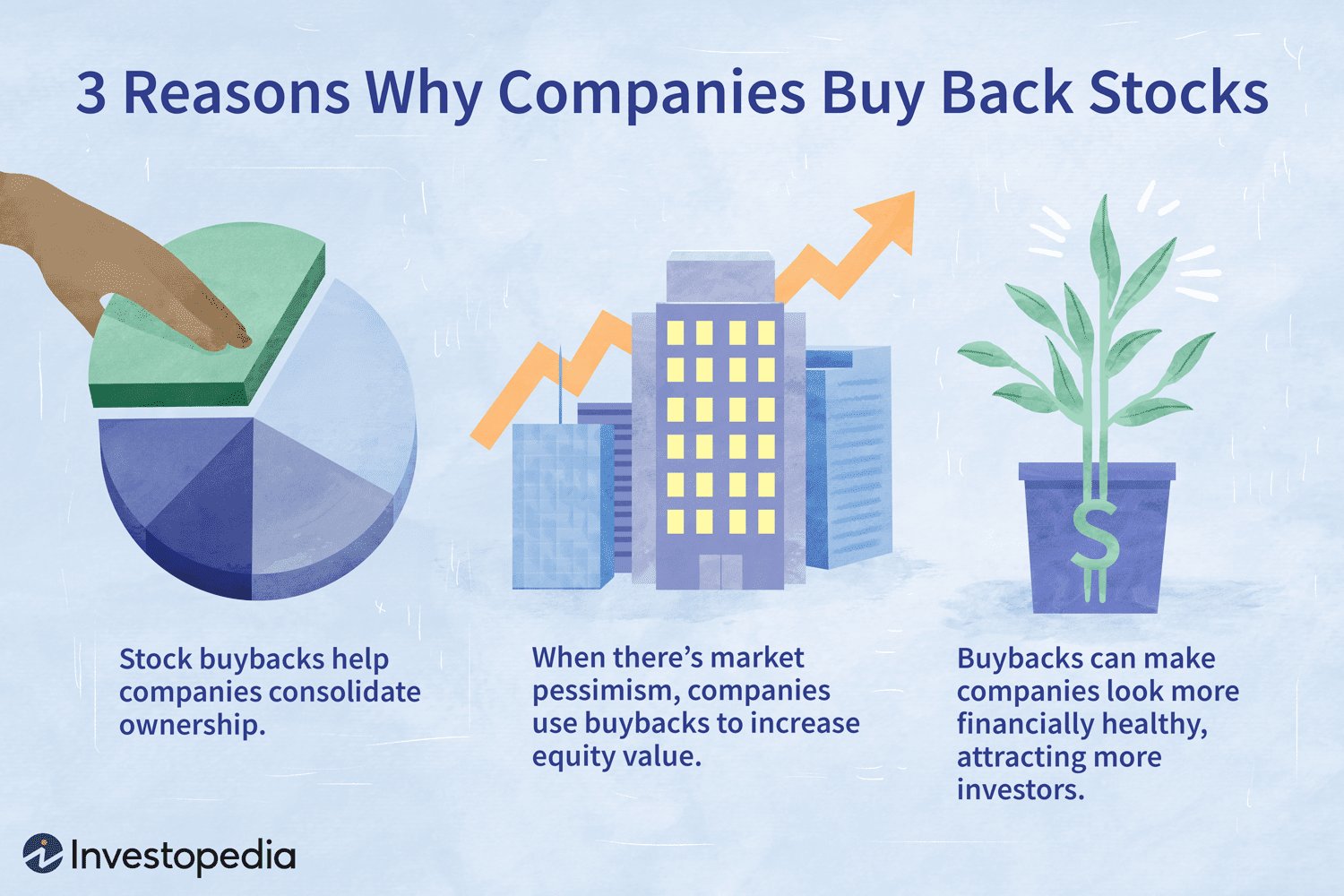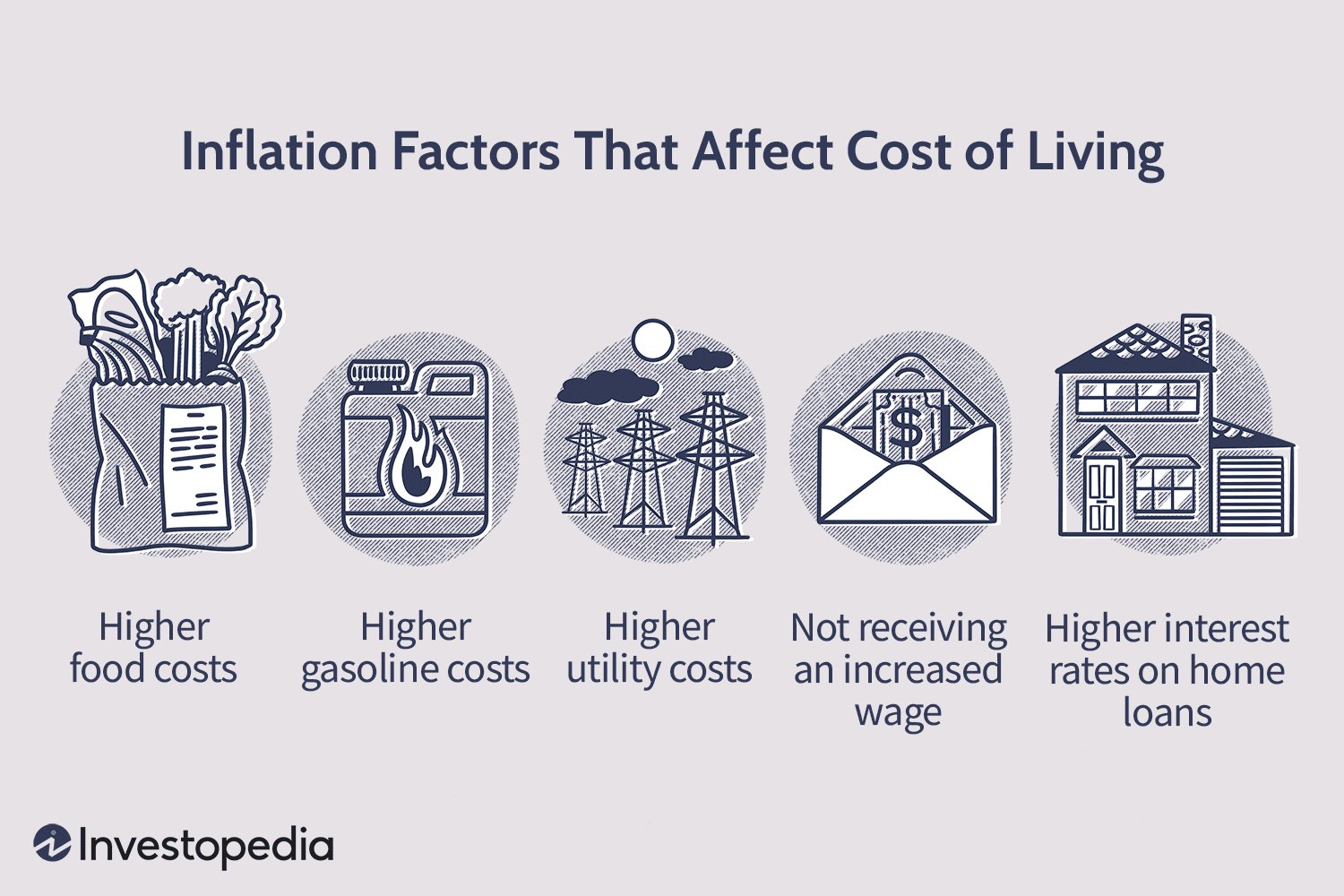Looking to make investments that align with your ethical values? Well, you’ve come to the right place! In this blog article, we’ll provide you with some valuable tips for choosing an ethical investment fund. Making conscious financial decisions is crucial in today’s world, where sustainability and social responsibility are gaining prominence. By considering key factors such as the fund’s investment strategy, track record, and transparency, you can ensure that your money is making a positive impact while also generating returns. Let’s dive right in and explore the world of ethical investing together!
Tips for Choosing an Ethical Investment Fund
Investing in ethical funds has become increasingly popular as more individuals seek to align their investment goals with their personal values. Ethical investment funds, also known as sustainable or socially responsible funds, are designed to generate financial returns while incorporating environmental, social, and governance (ESG) criteria into their investment decisions.
With a growing number of ethical funds available in the market, choosing the right one can be a daunting task. In this article, we will discuss some key tips to help you navigate through the options and select an ethical investment fund that aligns with your values and financial objectives.
Understand Your Values and Objectives
Before diving into the world of ethical investment funds, it’s important to have a clear understanding of your values and objectives. Ask yourself the following questions:
- What causes or issues are most important to me?
- Do I prioritize environmental sustainability, social justice, or corporate governance?
- Am I seeking long-term growth or stable income from my investments?
By clarifying your values and objectives, you can narrow down your search and focus on funds that specifically address the areas that matter most to you.
Research and Explore Funds
Once you have a clear sense of your values and objectives, it’s time to research and explore different ethical investment funds. Here are a few key steps to consider:
1. Examine the Fund’s Investment Strategy
Look for funds that incorporate ESG factors into their investment strategy. Understand how they assess companies’ environmental impact, social practices, and governance structures. Some funds may use negative screening, excluding companies involved in controversial industries such as fossil fuels or weapons. Others may adopt a positive screening approach, actively selecting companies with strong sustainability practices.
2. Review the Fund’s Performance
Evaluate the fund’s historical performance to assess its financial stability and ability to generate returns. While past performance does not guarantee future results, it can provide insights into the fund’s investment approach and track record.
3. Consider the Fund’s Fees and Expenses
Pay attention to the fund’s fees and expenses, as they can have a significant impact on your overall returns. Compare expense ratios across different funds and consider whether the fees are justified based on the fund’s performance and investment strategy.
4. Assess the Fund’s Transparency and Reporting
Look for funds that prioritize transparency and provide detailed reports on their ESG practices and impact. Transparent reporting enables you to assess whether the fund is truly aligned with your values and holds companies accountable for their actions.
Evaluate the Fund’s ESG Metrics
To assess the credibility and effectiveness of an ethical investment fund, it’s crucial to evaluate its ESG metrics. Consider the following factors:
1. Environmental Metrics
Look for funds that prioritize environmental sustainability and actively engage with companies to reduce their carbon footprint, water consumption, and waste generation. Assess whether the fund supports the transition to renewable energy and promotes sustainable business practices.
2. Social Metrics
Evaluate how the fund addresses social issues such as human rights, labor standards, community engagement, and diversity and inclusion. Look for funds that prioritize investments in companies that promote fair labor practices and respect for human rights.
3. Governance Metrics
Assess the fund’s governance practices, including board diversity, executive compensation, and shareholder rights. Look for funds that advocate for transparency, accountability, and responsible corporate practices.
Consider the Fund’s Impact Investing Approach
Impact investing goes beyond traditional ESG investing by intentionally seeking positive social and environmental outcomes alongside financial returns. If you are particularly interested in making a difference through your investments, consider funds that explicitly focus on impact investing. These funds actively seek out companies and projects that deliver measurable and beneficial outcomes in areas such as renewable energy, affordable housing, or healthcare.
Seek Independent Ratings and Certifications
To gain additional insights and reassurance about a fund’s ethical practices, seek independent ratings and certifications. These third-party assessments provide an unbiased evaluation of a fund’s environmental, social, and governance performance.
Some reputable ratings and certifications in the ethical investing space include:
- MSCI ESG Ratings: A widely recognized provider of ESG ratings and research.
- FTSE4Good Index: Evaluates companies’ ESG practices and inclusiveness.
- B Corp Certification: Identifies companies with strong social and environmental performance.
Review the Fund’s Shareholder Engagement
Shareholder engagement refers to the active involvement of investors in influencing companies’ behavior and practices. Funds that engage in shareholder activism can have a more significant impact on promoting positive change. Look for funds that actively use their voting power to push for corporate governance reforms and ESG improvements.
Consult with Financial Professionals
Choosing the right ethical investment fund can be complex, especially for those new to the field. Consider consulting with financial professionals who specialize in sustainable investing. These experts can provide personalized advice tailored to your specific needs and help you navigate the nuances of ethical investing.
Monitor and Review Your Investments
After selecting an ethical investment fund, it’s important to regularly monitor and review your investments. Keep track of the fund’s performance, ESG metrics, and reporting to ensure it continues to align with your values and meet your financial goals.
With the tips provided in this article, you are now equipped with the knowledge to make informed decisions when choosing an ethical investment fund. Remember, investing ethically is not only about generating financial returns but also about making a positive impact on the world and contributing to a more sustainable future.
Top tips when picking ethical funds
Frequently Asked Questions
Tips for Choosing an Ethical Investment Fund: Frequently Asked Questions (FAQs)
What is an ethical investment fund?
An ethical investment fund, also known as a socially responsible investment (SRI) fund, is a type of investment that focuses on generating financial returns while considering environmental, social, and governance (ESG) factors. These funds aim to support companies that demonstrate sustainable practices, promote social justice, and adhere to ethical principles.
Why should I consider investing in an ethical investment fund?
Investing in an ethical investment fund allows you to align your financial goals with your values. These funds offer the opportunity to support companies that are committed to responsible practices, such as reducing their carbon footprint, promoting workplace diversity, or supporting local communities. Additionally, ethical investment funds have shown potential for long-term growth and resilience.
How do I identify an ethical investment fund?
When evaluating an investment fund, look for clear and transparent information about the fund’s ESG criteria and screening process. Check if the fund focuses on specific ethical themes or incorporates a broader range of ESG factors into their investment decisions. Review the fund’s holdings to ensure they align with your ethical preferences.
What are some common ESG criteria used by ethical investment funds?
Ethical investment funds typically consider a variety of ESG criteria when selecting investments. These may include factors such as environmental impact, labor standards, human rights, corporate governance, community involvement, and product safety. Each fund may have its unique set of criteria, so it’s important to review their ESG policy.
How can I assess the financial performance of an ethical investment fund?
Assessing the financial performance of an ethical investment fund is similar to evaluating any other investment. Review historical returns, expense ratios, management fees, and compare the fund’s performance to relevant benchmarks. It’s important to remember that past performance does not guarantee future results.
Is it possible to customize my ethical investment portfolio?
Some ethical investment funds may offer options for customization, allowing you to align your investments even more closely with your values. These options might provide specific exclusions or thematic focuses, depending on your preferences. Be sure to check with the fund provider if customization is available.
Are ethical investment funds more or less risky compared to traditional funds?
Ethical investment funds can have varying levels of risk, just like any other investment. The risk level depends on factors such as the fund’s asset allocation, investment strategy, and the broader market conditions. It’s essential to diversify your investments and consider your risk tolerance when choosing ethical funds or any investments.
Can I expect competitive returns from an ethical investment fund?
Yes, ethical investment funds have the potential to deliver competitive returns. Numerous studies have shown that companies with strong ESG practices can outperform their peers over the long term. However, it’s important to remember that returns can vary, and past performance is not indicative of future results.
Should I consult a financial advisor before investing in an ethical fund?
It is generally recommended to seek advice from a qualified financial advisor before making any investment decisions. A financial advisor can provide insights into the available ethical investment options, help assess your financial goals and risk tolerance, and guide you towards the most suitable ethical investment fund for your needs.
Final Thoughts
When choosing an ethical investment fund, there are several important factors to consider. First, ensure that the fund aligns with your personal values and ethical principles. Look for transparency in the fund’s investment practices and its commitment to environmental, social, and governance (ESG) criteria. Research the fund’s track record and performance, considering both financial returns and its impact on society and the environment. It’s also crucial to review the fund’s fees and expenses to ensure they are reasonable and competitive. By carefully considering these tips for choosing an ethical investment fund, you can make informed decisions that align with your values and financial goals.



